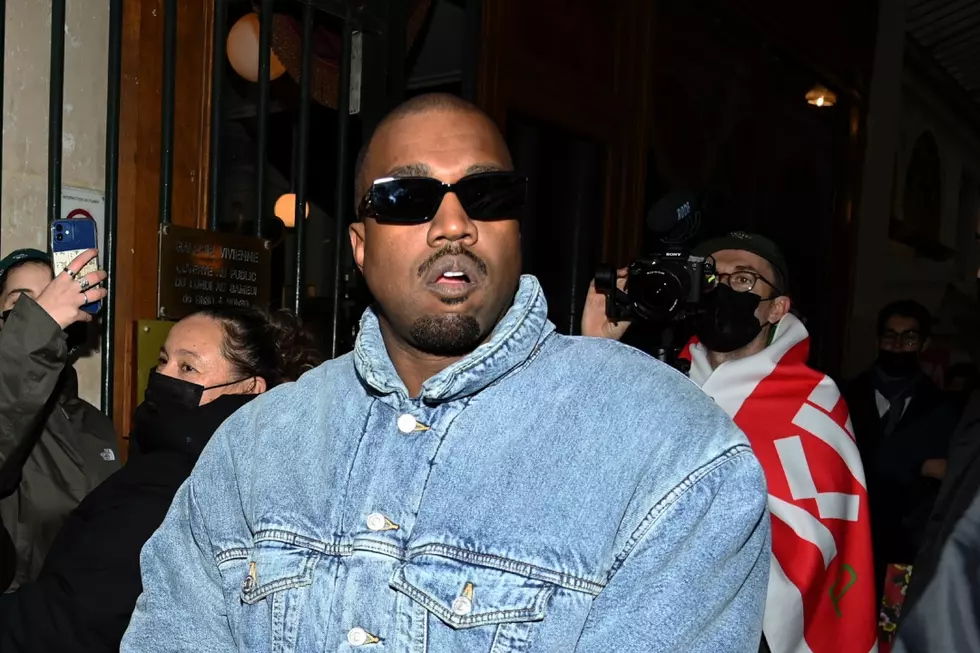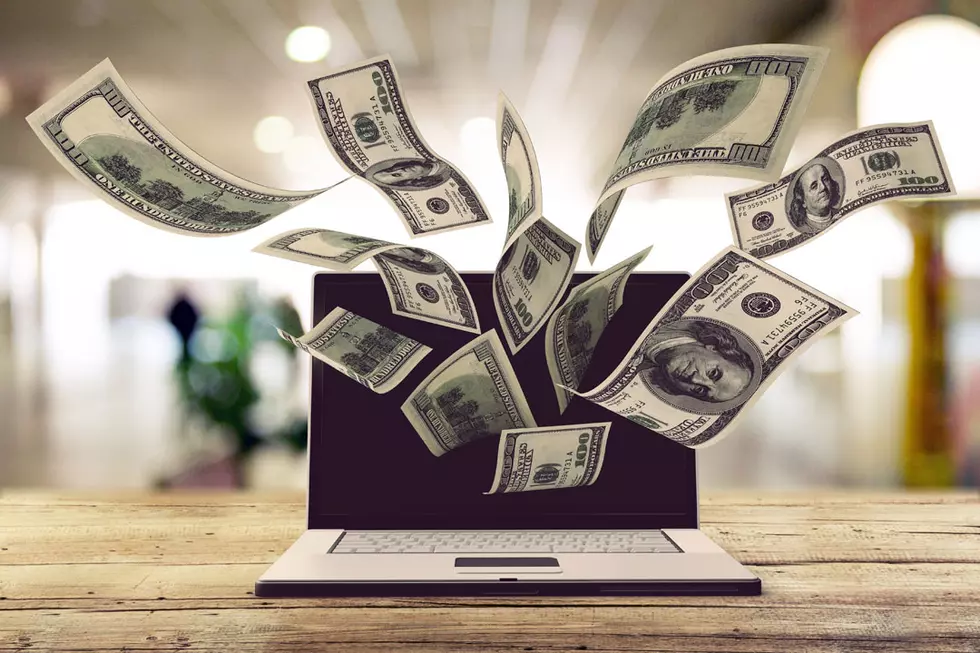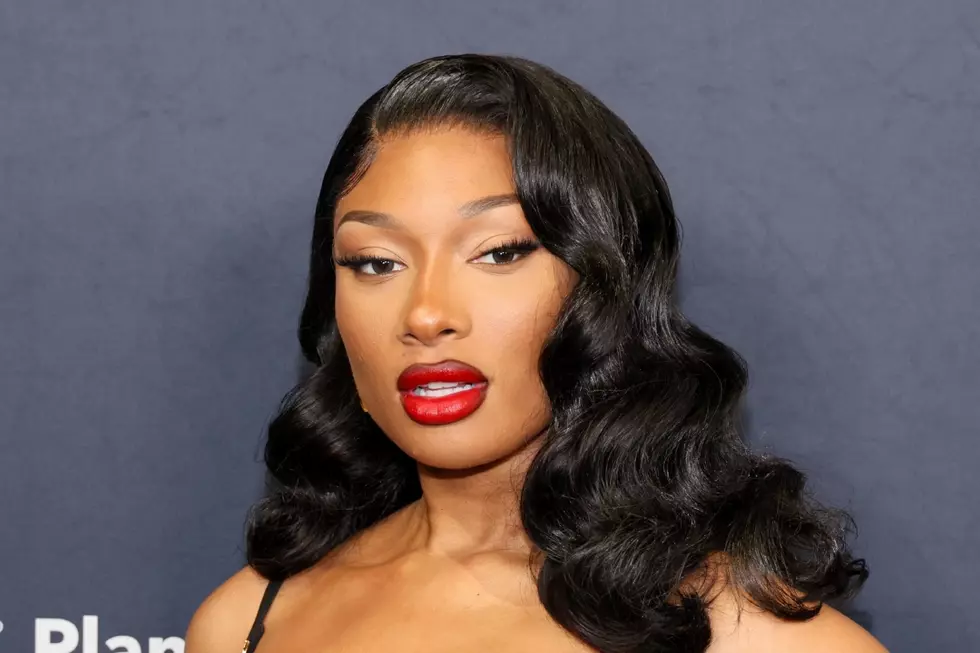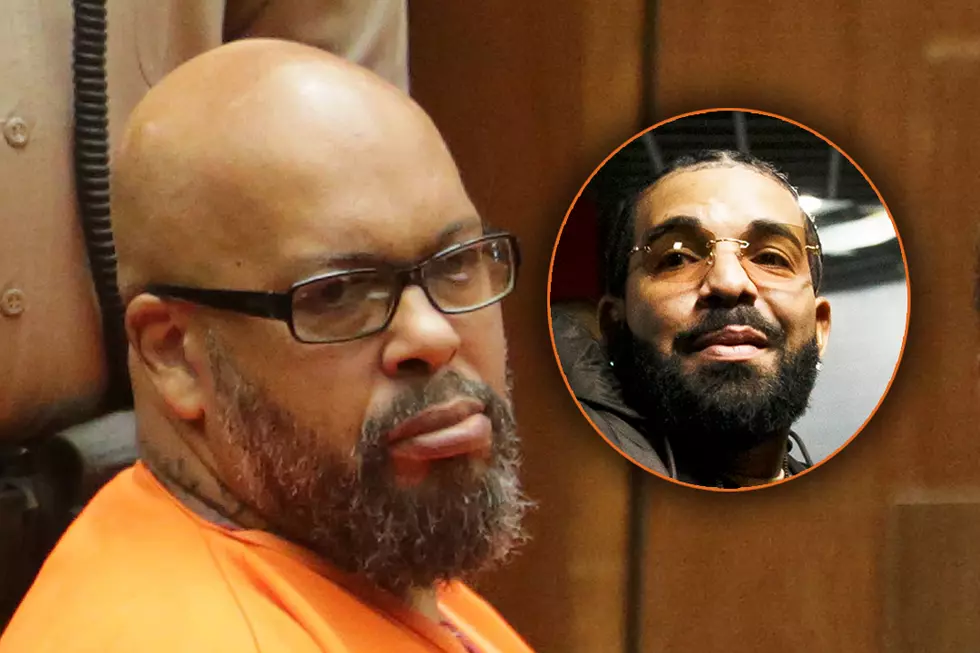Lil Wyte
Watcha Starin’ At
 It makes sense that Patrick “Lil Wyte” Lanshaw is a protégé of Three 6 Mafia, as he may be one of the most known unknowns. Hailing from the Frayser section of Memphis, Tenn., Wyte began his music career as a member of the all White underground group, Shelby Forest Clique (SFC). The trio started working on a demo, which eventually landed in the hands of Juicy J and DJ Paul. Impressed with what they heard, Three 6 offered SFC a deal on their Hypnotize Minds imprint. However, internal conflict caused a riff between the group and Wyte signed on as a solo artist and released his debut disc, Doubt Me Now, in 2003. Filled with LSD-inspired drug odes and fiery Southern anthems, the album struck a chord with fans that celebrated the diminutive MC’s underdog status. A year later, the crunk-savant dropped Phinally Phamous, which sold an impressive 167,000 copies without any real promotion. Now, after appearing on Three 6 Mafia’s MTV reality series, Adventures in Hollyhood, Wyte is looking to take the next step in his career with his recently released project, The One and Only. XXLMag.com caught up with the Southern gent to talk about his new LP, penchant for mind-altering drugs and Eminem’s influence on his career.
It makes sense that Patrick “Lil Wyte” Lanshaw is a protégé of Three 6 Mafia, as he may be one of the most known unknowns. Hailing from the Frayser section of Memphis, Tenn., Wyte began his music career as a member of the all White underground group, Shelby Forest Clique (SFC). The trio started working on a demo, which eventually landed in the hands of Juicy J and DJ Paul. Impressed with what they heard, Three 6 offered SFC a deal on their Hypnotize Minds imprint. However, internal conflict caused a riff between the group and Wyte signed on as a solo artist and released his debut disc, Doubt Me Now, in 2003. Filled with LSD-inspired drug odes and fiery Southern anthems, the album struck a chord with fans that celebrated the diminutive MC’s underdog status. A year later, the crunk-savant dropped Phinally Phamous, which sold an impressive 167,000 copies without any real promotion. Now, after appearing on Three 6 Mafia’s MTV reality series, Adventures in Hollyhood, Wyte is looking to take the next step in his career with his recently released project, The One and Only. XXLMag.com caught up with the Southern gent to talk about his new LP, penchant for mind-altering drugs and Eminem’s influence on his career.
You’re albums don’t get that much promotion, but you still manage to sell records. What’s your secret?
Being down with Three 6 Mafia and having access to their fan base definitely helps. But more importantly, I think good music speaks for itself. I’m not tryna sound conceited or brag, but as an artist and as a listener, I know my music is good. On my first album [Doubt Me Now] we really didn’t do shit for promotion. We recorded it and threw it in stores. We did two magazine ads and one radio ad. That album is up to 230,000 units sold. Those kind of numbers must mean something.
Do you think being White helps?
I think being White, as much as I hate to say it, definitely helps. A lot of people want to check out a new White dude to see if he’s actually about anything. It’s almost like they wanna see if the underdog can win. For others, maybe they see themselves in me. I know my audience and I’ve learned how to cater to them.
Is that why you have so many songs about LSD?
Yeah, everyone knows LSD is a White folks’ drug. I can’t think of none of my hood homies being down with acid. On my first and second album—when I made those songs about acid—a lot of people came up to me like, “Yo, I’ve never heard anyone talk about that before.” I think people were happy to hear a rapper talk about some shit that’s never talked about.
Did acid open up your mind as far as writing lyrics?
I think acid really opened up my mind up in general. Lyrically, when I took acid, I started saying words I didn’t even know that I knew. So yeah, it opened my mind up as far writing lyrics and it affected the way I approached songwriting. Acid’s good for that. People forget that Jimi Hendrix, Pink Floyd and The Beatles all used acid. There’s a few decades of great music that was made under the influence of LSD.
Your early albums had a psychedelic drug edge, whereas your new material is labeled “fight music.” How did that change come about?
I’m a White guy from the hood. I tripped on acid, but I also grew up listening to Three 6 Mafia. For me, fight music was just a part of my growth. I think at some point, my early style of rappin’ and Three 6’s fight music kinda joined forces and mended together. Three 6 could do a track like “Sippin’ on Some Syrup,” but they also did “Tear Da Club Up.” Those are about different things, but they’re not so far from each other. I wrote “Acid” [a popular cut off Doubt Me Now] like eight years ago while I was still takin’ acid as a teenager, but it’s not like I wasn’t up on fight music. Three 6 played a big part in the change from my early sound to my fight music.
What makes for good fight music?
Fight music is all about some good 808’s, rollin’ hi-hats, and a nice kick and a snare. That’s really all you need. Fight music is sparse with huge bass. We’re big on trucks down here. If the bass can really bump in your truck and shake things up, then that’s a good sign. Lyrically, you need a hard-ass hook that’s on some “we ain’t fuckin’ around” type vibe. The hook is everything. Paul and Juicy really set the standard back when they did “Tear Da Club Up.” To this day, that song is banned in like 10 cities. I would say our music is [characterized] by aggression. Fight music comes from a place with a long history of violence, slavery, and oppression. That’s a recipe for aggression. With that said, I don’t see how people can attack fight music before attacking the conditions that make [it].
Memphis is a city with a real rich musical history. Who were some of your influences coming up?
When I first started rappin’, I wanted to be like Three 6. I used to skip school to listen to their music. I would basically rehearse their albums and learn their style. So basically, whenever I freestyled, my flow was on some fight music tip. If I wasn’t listening to Three 6, then it was 8Ball & MJG or Master P. Those are all dudes that do a similar style. Once Eminem came around, I think I was influenced to go in a different direction.
What direction did Em steer you in?
His music just made me feel like I wasn’t the only one out here doing this and feeling the way I felt. He made me feel less self-conscious about being White, especially since there have been quite a few White rappers that didn’t do too great. Eminem helped free me creatively.
Paul and Juicy are working with a lot of different artists these days. Do you get to spend a lot of face-to-face time with them in the studio?
Usually when I record, I only spend a week with them. They call it “Wyte week” and that’d be my week to record and I’d really just have to grind out for a week. But for this new album, we recorded and were all together for the whole thing. I was with them for two months and we recorded the album while they were filming for their MTV show [Adventures in Hollyhood] in L.A. This time was also different because I had first pick on a lot of new beats. About 75 percent of the beats on The One and Only were made specifically for me. The other 25 percent were from their older stuff.
In a recent interview, Crunchy Black told XXLMag.com that Paul and Juicy didn’t support him as an artist and failed to pay him the money he was owed. What’s your thoughts on his comments?
Yeah, I can’t call that one. I guess that just shows how different people work differently. I feel like I’ve gotten everything given to me that I deserve. I’m not gonna question what I’m doing ’cause I didn’t have any of this before. As for money, I make very good money. I think that’s because I’ve been loyal to Paul and Juicy and they keep it real with me.
More From XXL









